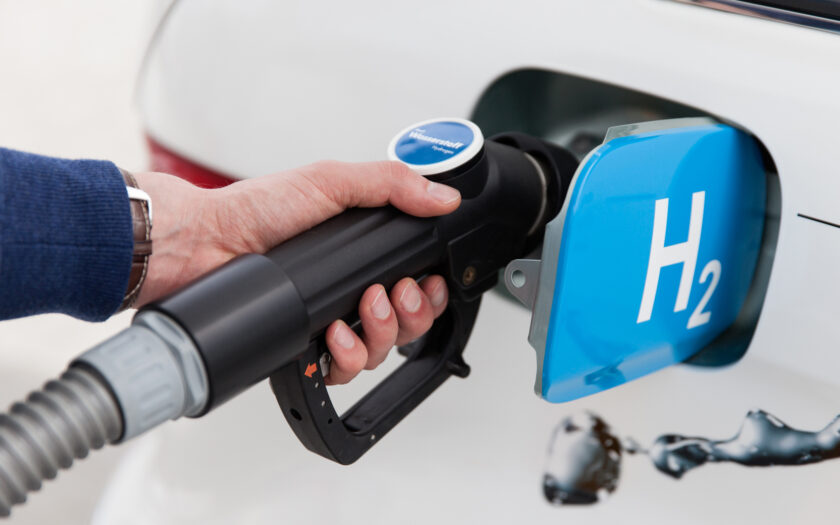In the pursuit of sustainable transportation solutions, hydrogen fuel cell vehicles have emerged as a promising contender. Unlike traditional internal combustion engine vehicles that rely on fossil fuels, hydrogen cars harness the power of hydrogen gas and oxygen to generate electricity, emitting only water vapor and heat as byproducts. This innovative technology holds the potential to revolutionize the automotive industry and significantly reduce greenhouse gas emissions. Let’s delve deeper into the concept of hydrogen cars, their advantages, challenges, and the future they hold.
How Hydrogen Cars Work:
Hydrogen cars operate on a hydrogen fuel cell system, which converts stored hydrogen into electricity to power an electric motor. The process begins with the extraction of hydrogen from a storage tank, typically stored in high-pressure tanks onboard the vehicle. The hydrogen then passes through a fuel cell stack, where it reacts with oxygen from the air, generating electricity to drive the motor and propel the vehicle forward. The only emission produced is water vapor, making hydrogen cars a clean and environmentally friendly alternative to conventional vehicles.
Advantages of Hydrogen Cars:
- Zero Emissions: Hydrogen cars produce no harmful emissions, making them a cleaner alternative to gasoline and diesel-powered vehicles. This contributes to improved air quality and helps mitigate the impacts of climate change.
- Fast Refueling: Unlike electric vehicles that require hours to recharge, hydrogen cars can be refueled in a matter of minutes, offering a similar refueling experience to conventional gasoline vehicles. This eliminates range anxiety and provides greater convenience for drivers.
- Longer Range: Hydrogen cars typically have a longer driving range compared to battery electric vehicles, making them well-suited for long-distance travel without the need for frequent refueling stops.
- Versatility: Hydrogen fuel cell technology is versatile and can be applied to various vehicle types, including passenger cars, buses, trucks, and even trains. This versatility makes hydrogen a viable option for decarbonizing transportation across different sectors.
Challenges and Considerations:
Despite their potential, hydrogen cars face several challenges that hinder widespread adoption:
- Infrastructure: The lack of a robust hydrogen refueling infrastructure remains a significant barrier to the widespread adoption of hydrogen cars. Building a network of hydrogen refueling stations requires substantial investment and coordination among stakeholders.
- Cost: Hydrogen fuel cell vehicles are currently more expensive to produce than traditional gasoline vehicles or battery electric vehicles. High manufacturing costs, limited economies of scale, and the need for expensive materials contribute to their higher price tag.
- Hydrogen Production: The majority of hydrogen production today relies on steam methane reforming, a process that generates carbon emissions. Developing renewable hydrogen production methods, such as electrolysis using renewable electricity, is crucial to enhancing the sustainability of hydrogen fuel.
- Safety Concerns: While hydrogen is inherently flammable, hydrogen fuel cell vehicles undergo rigorous safety testing and are equipped with safety features to mitigate risks. However, addressing public perception and ensuring the safe handling and storage of hydrogen remains essential.
The Future of Hydrogen Cars:
Despite the challenges, the future of hydrogen cars appears promising. Governments, automakers, and energy companies worldwide are investing in research and infrastructure development to support the growth of the hydrogen economy. Initiatives aimed at increasing renewable hydrogen production, expanding refueling infrastructure, and driving down costs are underway.
As technology advances and economies of scale are achieved, hydrogen cars have the potential to play a significant role in achieving decarbonization goals and creating a more sustainable transportation system. With continued innovation and collaboration, hydrogen fuel cell vehicles could soon become a mainstream option, paving the way for a cleaner and greener future on the roads.
